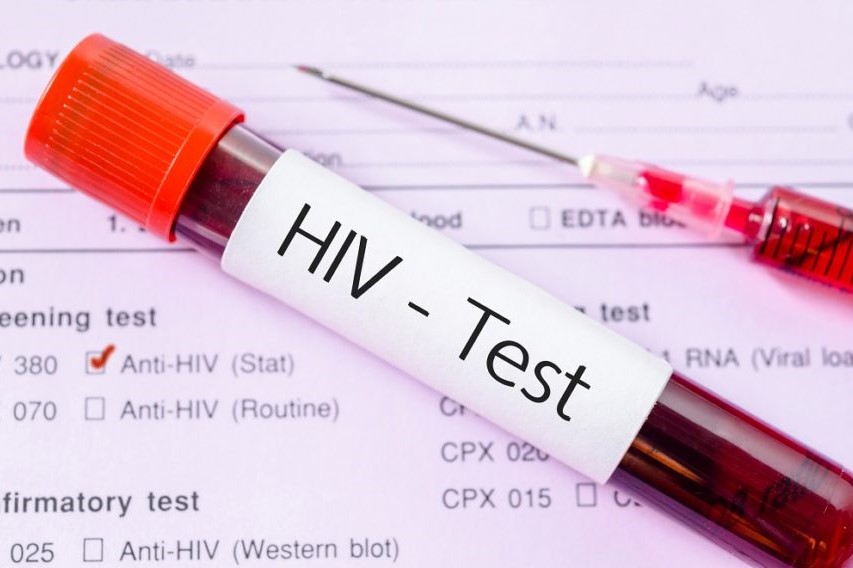
HIV: how soon do symptoms appear? The 4 stages of infection
The HIV virus causes AIDS by damaging part of the body’s defences, which usually work against external aggression
The virus can be transmitted through direct contact with the blood and body fluids of an infected person, e.g. by exchanging used needles, through a blood transfusion or by having unprotected sex with strangers; an infant can contract HIV from an infected mother.
Once the infection has occurred, the symptoms are not immediately clear, indeed they tend to be unspecific, so much so that the person does not know they are infected for years.
HIV infection can be divided into four stages:
- incubation,
- acute infection,
- latency period,
- AIDS.
The HIV incubation period is totally asymptomatic and lasts 2 to 4 weeks from the time of infection
During the acute infection, which lasts on average 28 days, typical flu-like symptoms occur.
The third phase is again symptom-free and can last from 2 weeks to 20 years.
In the phase of full-blown AIDS, infections, pneumonia, mycosis and various types of cancer develop.
The first HIV-related symptoms are then observed within about a month after infection and are flu-like symptoms.
Read Also:
Emergency Live Even More…Live: Download The New Free App Of Your Newspaper For IOS And Android
Sanofi Pasteur Study Shows Efficacy Of Co-Administration Of Covid And Influenza Vaccines
WHO: ‘Pandemic Will Continue Unless Vaccines Are Distributed To Poor Countries’
Covid And HIV: ‘Monoclonal Antibodies For The Cures Of The Future’
HIV, MRNA Vaccine Study By Iavi And Moderna


